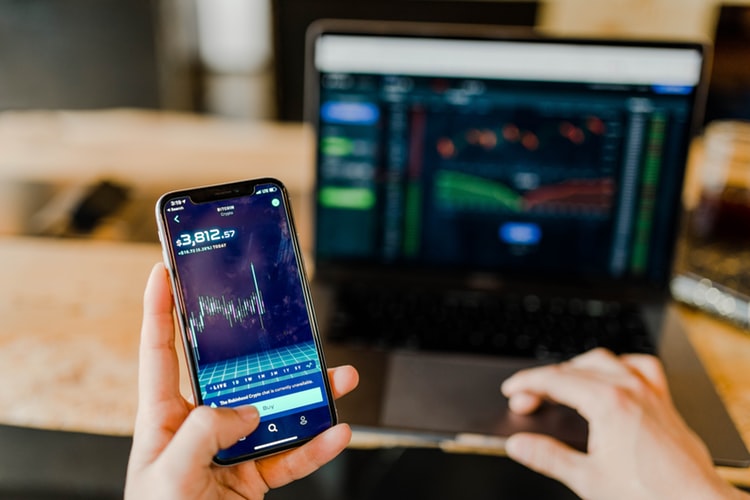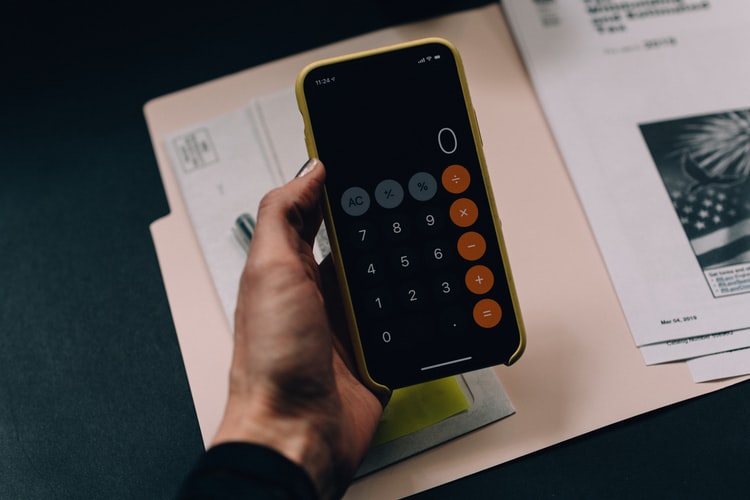The Wuhan coronavirus may not threaten as many lives as initially feared, but this latest Chinese super-flu is damaging the world economy. Many small businesses are suffering if not shut down during the pandemic. The interruptions in world trade and travel are hurting the supply chain for others, causing factories in unaffected areas to reduce their workforce if not close. Unemployment is rising, and millions are in a personal financial crisis. National governments are debating cash payments to citizens and bailouts of industries. Yet this isn’t without precedence. Let’s look at the financial lessons we should have learned from past crises.
The Dangers of Debt
Our society is mortgaged to the hilt, and it isn’t just in the form of mortgages. Debt is the most heavily marketed product in our society because it is so profitable for lenders. They tell us to borrow money for the wedding, vacation, home repairs and every little expense. They may even advise us to borrow money to buy investments. Don’t worry, they say, you can pay it with your income. They don’t tell you that debt is risk. That you owe these payments, whether or not you’ve kept your job or your hours were cut. You still owe the car payment, if you want to keep the car. You must still pay the student loan debt, and the debt grows if you defer it. And you’re often trapped in a difficult job or starter apartment as you pay off that debt. You’ve mortgaged future years of income to pay for those past mistakes. Statistically, you’ve over-spent, too, because you weren’t sensitive to the cost at the time. For example, if your first thought is to take out a home equity loan to renovate your home, you shift immediately to the larger scale project and ignore the fact you won’t eliminate that house payment until after retirement.

This is why we should all start saying no to debt. While a mortgage is generally necessary to buy a home, we should always aim to put 20 percent down and not buy as much house as we can afford. However, if your house payment is your only debt payment, you don’t have to worry as much about paying the bills if your income drops or stops. And your emergency fund lasts longer, if you have avoided or eliminated the debts others have had so long, they almost think it is a pet.
The Need for Savings
An emergency fund is there for emergencies. We should all have enough money in savings to pay for an unexpected expense of several thousand dollars. This saves us money in several ways. First, you don’t have to go deeper into debt to pay an unexpected expense. Second, it gives you leverage to negotiate the price. Third, you’re less likely to go with the cheapest, short-term fix instead of the best long-term solution. A classic example is going with a cheap patch instead of the full repair or paying yet again for a moderately expensive repair when the best long-term solution is buying a new furnace or engine for the car. The inability to economize is part of contributes to poverty and keeps people trapped. And the solution starts with a 1000 to 1500-dollar emergency fund, instead of running to a payday lender or pawning the few items you have of any value.
The Importance of Alternative Sources of Money
You can’t apply for a payday loan if you don’t have a job. You can’t apply for a new credit card if you have lost your job or saw your credit score fall. Either line up backup lines of credit when life is going relatively well or educate yourself regarding how to installment loans for find bad credit that are legitimate before you need them. Then you don’t accidentally give your financial information to an identity thief when you’re already desperate for money, and you don’t waste time applying for financial products you don’t qualify for. Then you don’t lie in wait for a government bailout that may not come or may not apply to you. If such money does arrive, then you pay off your debt and continue on your way.
The Value of a Long-Term Perspective
If you are saving for emergencies, the rise and fall of the stock market do not matter. The cash to pay for unexpected expenses or living expenses when you lose your job must be liquid. That means it needs to be in a savings account or money market account, not an investment account.
If you are saving for long-term goals like retirement or a child’s college, then you are investing for the long-term. Don’t make the mistake of pulling your money out of the market when it is falling twenty or even fifty percent. Remember financial crises like the post-9-11-01 stock market collapse or 2007-2012 Great Recession as the housing bubble burst. Continue investing with dollar cost averaging, assuming you have a steady income, and consider this a great time to be buying.
The Great Recession was caused by the housing market bubble bursting. However, it caused widespread economic chaos, because institutional investors had assumed housing prices could not go down. (The economic models by Ivy League graduates with MBAs assumed this, and everyone else assumed they could only be right.) When the securitized mortgages weren’t getting paid, institutions from banks to insurance companies to pension funds found that their revenue was collapsing. This was compounded by the securities themselves not being properly tied to the assets like conventional mortgages. This created a worldwide recession that lasted several years. Yet we recovered. If you had pulled your money out of the stock market during that time, you almost certainly missed out on the great buying opportunity as well as the recovery of the market. When you finally feel safe to put your money in, you’re buying high after selling low.
If you’re really that afraid of stock market loses or economic collapse, stop investing and add to your emergency fund. But don’t pull the money out. Ride out the market out instead.

